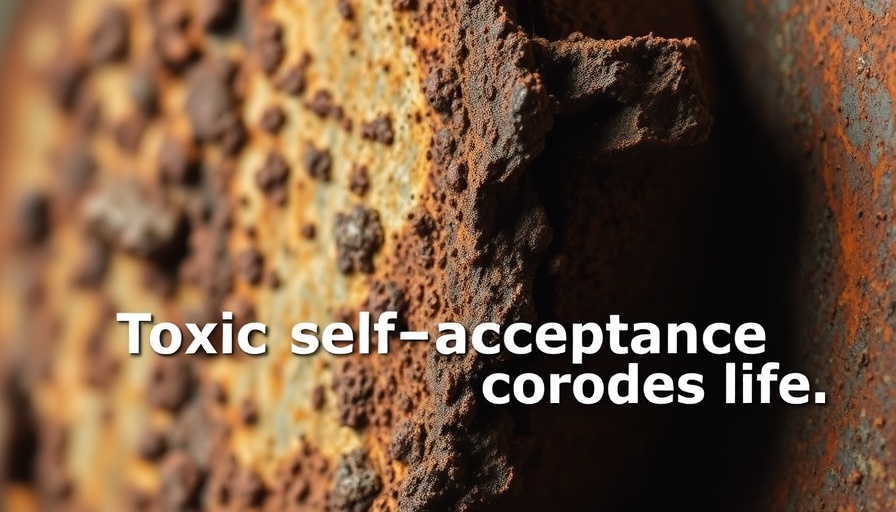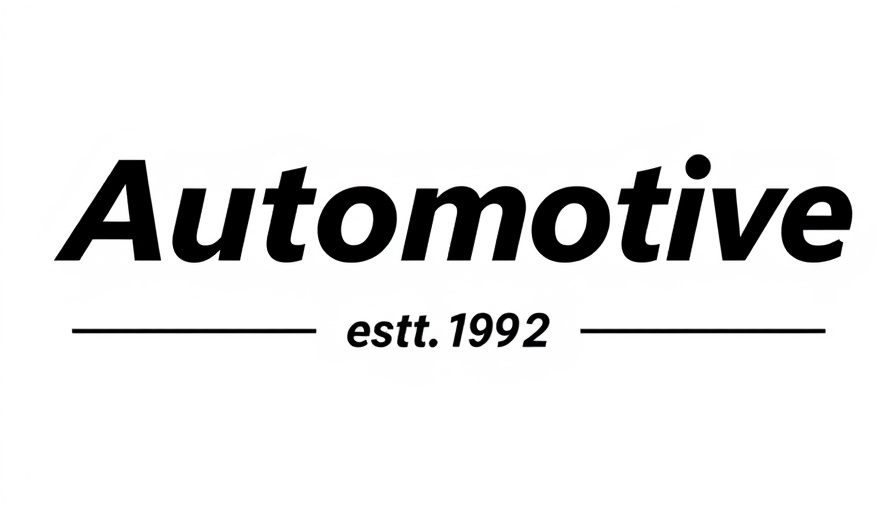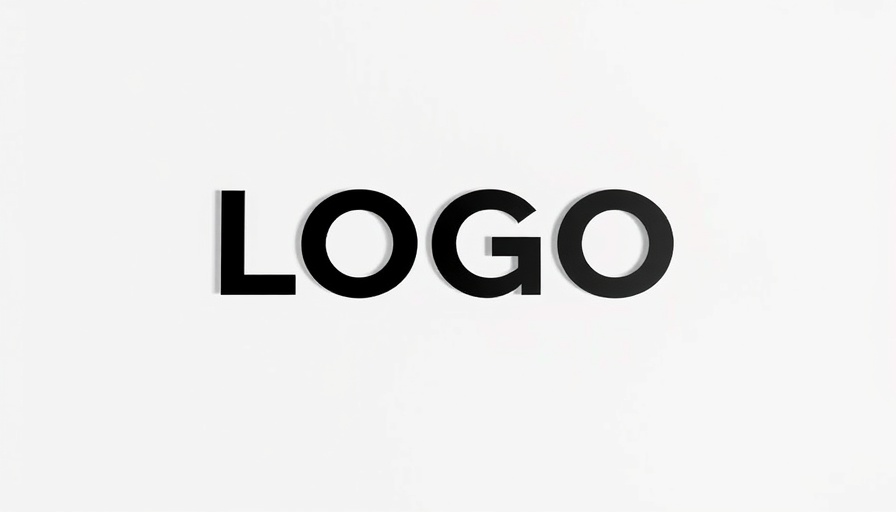
Understanding Toxic Self-Acceptance in Leadership
Toxic self-acceptance can quietly undermine the leadership potential within dealership management. It begins with an inclination to justify one’s own flaws while neglecting the critical aspect of continuous self-development. When a leader becomes too comfortable with themselves, it often leads to mediocrity, a dangerous place for any manager striving for operational excellence and customer satisfaction.
Symptoms: Recognizing the Signs of Toxicity
Identifying the signs of toxic self-acceptance is crucial for personal growth. Common symptoms include:
- Neglecting self-improvement workshops and training programs
- Focusing efforts on fixing team members instead of addressing one’s own shortcomings
- Shying away from constructive feedback
- Justifying poor performance instead of seeking solutions
The Power of Healthy Dissatisfaction
Transforming toxic self-acceptance into a healthy dissatisfaction is vital for dealership leaders. Embracing constructive dissatisfaction means engaging with the parts of ourselves that require growth. As leaders, we should not avoid facing our imperfections. True leadership demands that we recognize we are 'not there yet.' Developing a strategy to overcome complacency can propel both personal and organizational growth.
Self-Reflection: The Key to Leadership Growth
In the high-stakes environment of dealership management, leaders can often see the flaws in their teams. However, the courageous ones turn the lens back on themselves. Consider the following reflective questions:
- How am I justifying my criticisms of others?
- What emotions do I project into my working relationships?
- What avenues for growth am I missing by focusing solely on others?
Participating as a Team Member
Great leaders incorporate themselves into the team culture. By participating actively, they promote a collaborative environment where everyone feels valued. Leaders who adopt this ethos are less likely to fall into the trap of self-justification and instead cultivate a space where continuous improvement thrives. Rejecting complacency is not just an individual endeavor; it should resonate within the entire team.
Final Thoughts and a Call to Action
The journey from toxic self-acceptance to self-awareness and constructive dissatisfaction is an ongoing challenge for dealership managers. It calls on leaders to commit to growth, both personally and for their team. As you encounter dissatisfaction in yourself, remember that it can be a powerful catalyst for improvement.
Now, ask yourself: How will you address potential complacency in your leadership style today? Take actionable steps towards involving your team in this process and foster a culture of continuous improvement.
 Add Row
Add Row  Add
Add 

 Add Row
Add Row  Add Element
Add Element 




Write A Comment